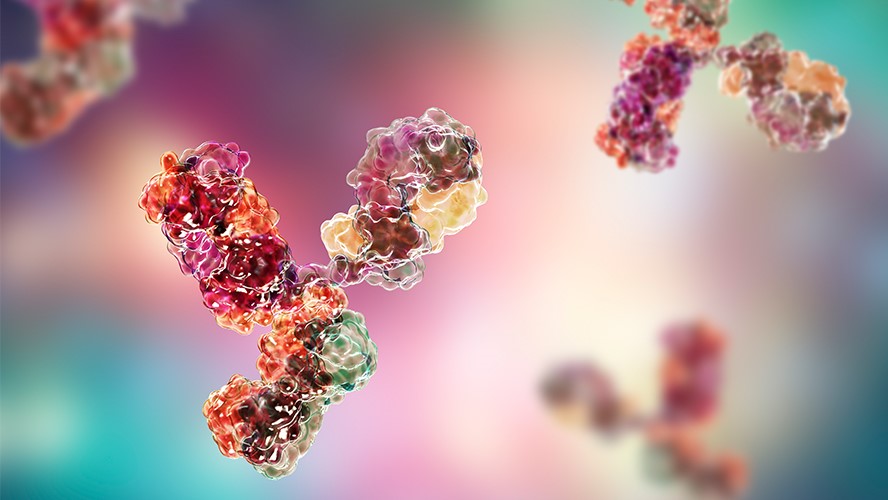
Researchers at the Schroeder Arthritis Institute have shed light on how systemic lupus erythematosus—the most common form of lupus—develops.
Systemic lupus is an autoimmune disorder in which the body produces antibodies that attack its own tissues. These harmful self-reactive antibodies, known as autoantibodies, lead to widespread inflammation and tissue damage.
The research team, led by Schroeder Senior Scientist Dr. Joan Wither, used experimental models to explore two key factors that are associated with systemic lupus: B cell tolerance and elevated levels of a protein called interferon-alpha.
“For the first time, we have shown that elevated levels of interferon-alpha in the blood disrupt immune mechanisms that maintain B cell tolerance—a key property of a healthy immune system—leading to the production of autoantibodies,” explains Dr. Wither.
B cell tolerance prevents immune cells that recognize the body from producing antibodies that would react with and harm it. Until this study, the relationship between elevated levels of interferon-alpha and B cell tolerance mechanisms was unknown.
“Our findings reveal that heightened levels of interferon-alpha have a multi-pronged effect on B cells, resulting in increased production of autoantibodies. Firstly, B cells become more activated and are more likely to produce autoantibodies. Secondly, rogue autoreactive B cells become less susceptible to destruction due to dysfunction of immune tolerance checkpoints," says Dr. Dario Ferri, lead author of the study and a former graduate student in Dr. Wither's lab.
Notably, the team found that these effects of interferon-alpha were direct—they required interferon-alpha to bind to B cells through a receptor on the cell surface.
The study also showed that many of the effects of interferon-alpha involve helper T cells—cells that mediate immune activity by stimulating other immune cells. The researchers propose that interferon-alpha changes the ability of B cells to interact with T cells.
“Our work highlights the importance of interferon and the pathways through which it acts to promote autoantibody production. These pathways could serve as targets for new treatments for systemic lupus and related conditions,” concludes Dr. Wither.
This work was supported by the Canadian Institutes of Health Research, the Schroeder Arthritis Institute and the UHN Foundation. Dr. Joan Wither is a Professor of Medicine and Immunology at the University of Toronto.
Dr. Joan Wither has served on advisory boards for AstraZeneca and received a career award that was indirectly funded by Pfizer.
Ferri DM, Nassar C#, Manion KP#, Kim M, Baglaenko Y, Muñoz-Grajales C, Wither JE. Elevated levels of interferon-α act directly on B cells to breach multiple tolerance mechanisms promoting autoantibody production. Arthritis Rheumatol. 2023 Feb 20. doi: 10.1002/art.42482.
#Both authors contributed equally to the work

Antibodies (illustrated above) are proteins that the immune system produces to protect against pathogens. In some cases, antibodies attack the body’s own tissues, causing autoimmune diseases.




